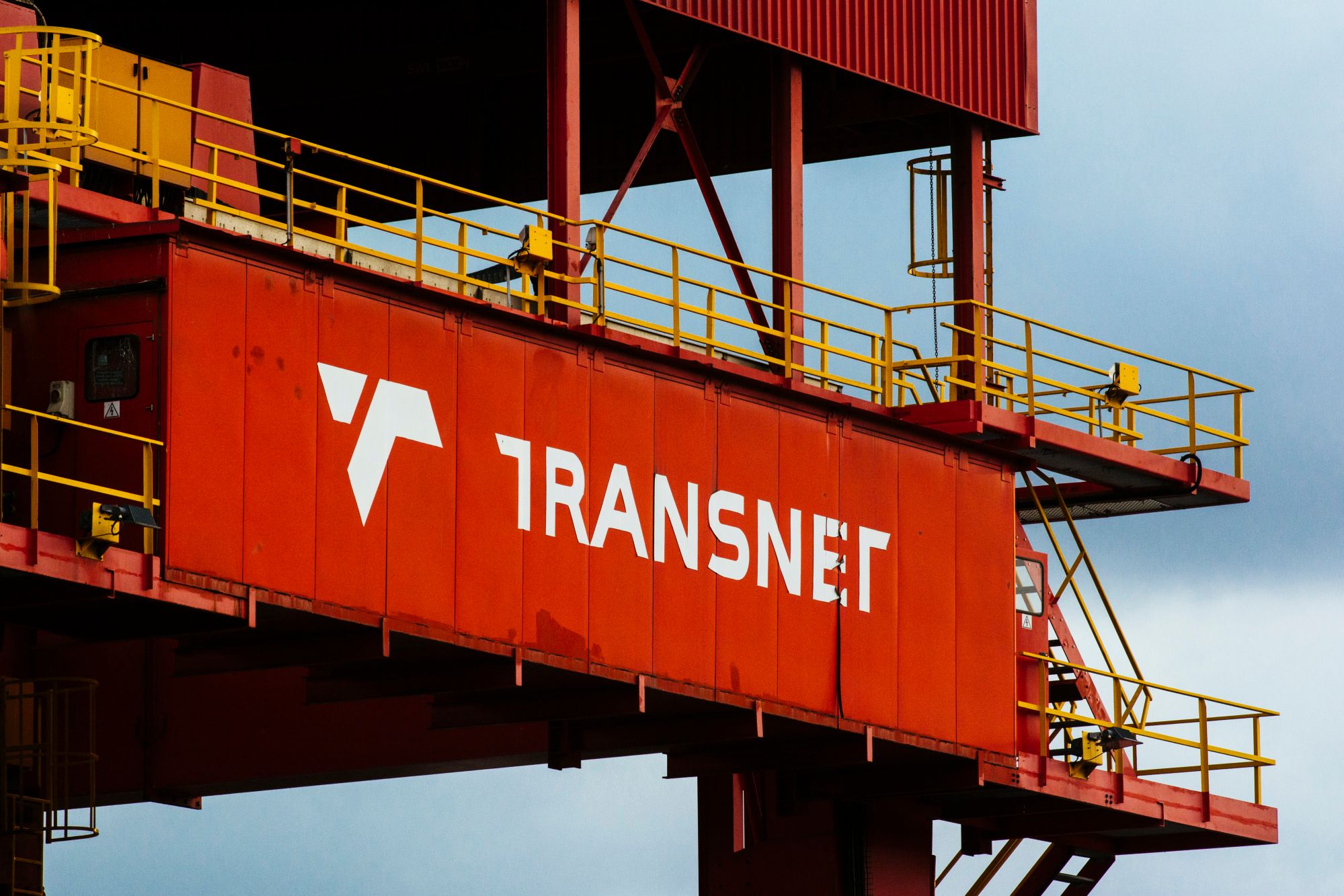Introduction
South Africa's state-owned logistics giant, Transnet, is in pursuit of debt relief from the government as it strives to stabilize its financial position and rejuvenate its freight rail and port services. This appeal comes amid significant financial and operational challenges, underscoring the need for government intervention to ensure the company’s future viability.
The Weight of a R130 Billion Debt
Transnet is currently burdened with a staggering debt of R130 billion ($7.30 billion), a situation exacerbated by years of under-investment that have led to equipment shortages and maintenance backlogs. These challenges have severely hampered the company’s ability to provide adequate freight rail and port services, which are critical to South Africa’s economy.
In December of the previous year, the South African government stepped in with a R47 billion guarantee facility aimed at addressing Transnet's "immediate liquidity matters" such as settling maturing debt. Despite this intervention, the company's financial woes persist, with debt repayments averaging over R1 billion per month.
The Legacy of State Capture: A Heavy Burden
Transnet's financial difficulties are further compounded by the aftermath of the "state capture" era—a period of widespread corruption in South Africa's government between 2010 and 2018 under former President Jacob Zuma. This period saw Transnet and other state-owned enterprises suffer massive financial losses due to corrupt procurement deals.
Andile Sangqu, Transnet's board chairman, highlighted the impact of this period on the company’s current debt situation. He noted that a significant portion of the debt arose from corrupt activities during the state capture era, further straining the company’s finances.
The Struggle to Restore Freight Volumes
In October 2023, Transnet announced a recovery plan aimed at boosting its freight volumes, which have seen a dramatic decline. The company’s freight volumes dropped from 226 million metric tons in the 2017/18 financial year to just 152 million metric tons in 2023/24.
However, Sangqu pointed out that the company’s efforts to increase freight volumes and generate new operational cash flows are being severely undermined by the high costs of servicing its debt. "As we begin to make this increase in volumes, as we begin to generate new operational cash flows, they all get wiped out by the debt service costs," he explained.




